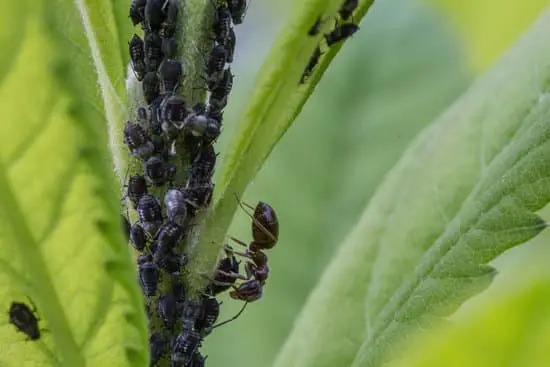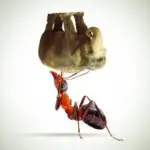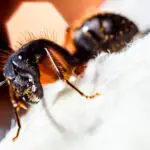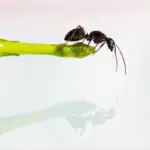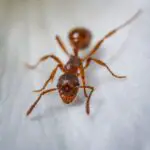How to Treat Ant Bites
Whether you’re a teen, a young adult or a child, ant bites can be a painful experience. Although you can’t avoid these insects, there are ways to treat them and prevent complications.
The first step to treating ant bites is to identify the type of ant that bit you. This helps your health provider give you the best treatment possible. If you have a severe reaction, you may need to be taken to the hospital immediately.
Depending on the type of ant bite, your doctor may prescribe a prescription steroid cream to help reduce the inflammation. Your doctor may also recommend an antihistamine medicine to help alleviate the symptoms.
You may experience some minor itching, swelling and redness for a few days after an ant bite. The pain can be minimized by applying cold compresses to the affected area.
If you experience symptoms such as a wheal, urticarial swelling, difficulty swallowing, dizziness or hoarseness, seek emergency medical attention. The symptoms of an anaphylactic reaction can be life threatening if they aren’t treated immediately.
If you have a large local reaction, your doctor may prescribe an antihistamine medicine, antibiotic ointment or a steroid cream. A large local reaction is defined as an area of skin more than 10 cm in diameter around the bite/sting site. The severity of the reaction peaks after about 24 hours.
Severe allergic reactions can be life threatening, so you need to seek medical care if you experience any of the following: if you experience trouble breathing, dizziness, nausea or abdominal cramping.
